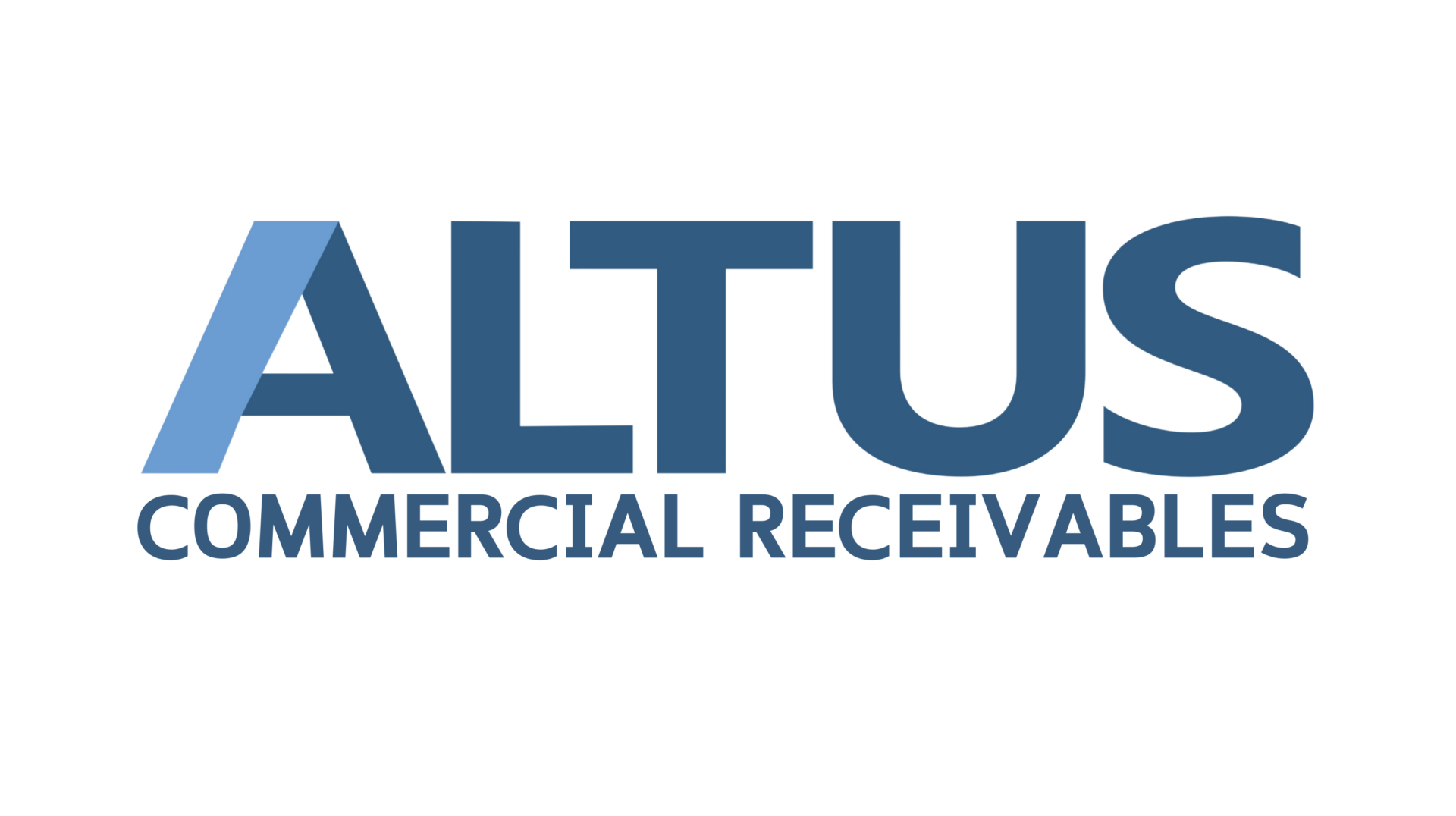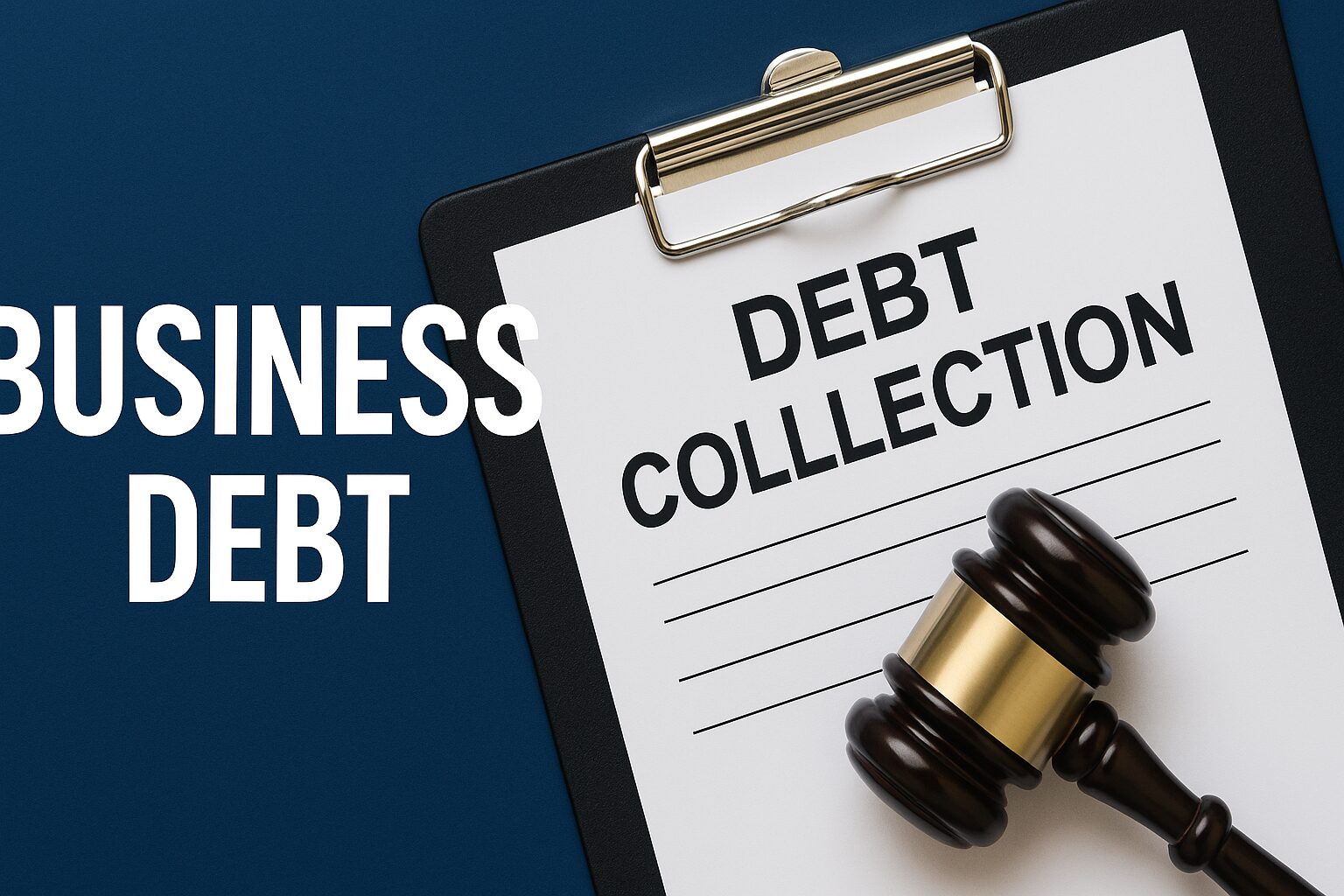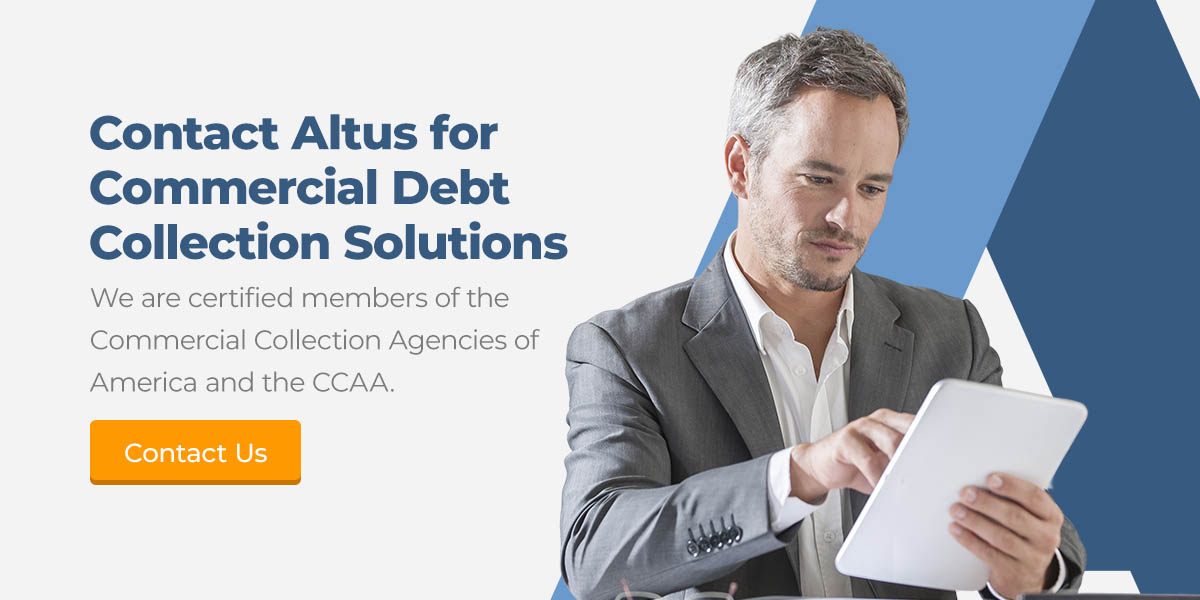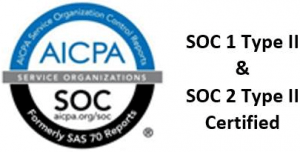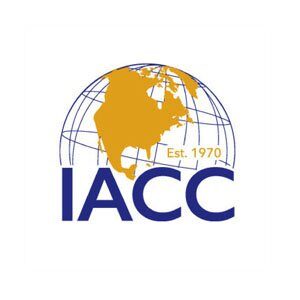Recover What’s Owed Without the Drama
Learning how to collect commercial debt doesn’t have to be overwhelming—even when unpaid invoices start squeezing your cash flow. Whether you’re a business owner, finance pro, or part of a legal team, knowing how to tackle debt recovery is key to keeping your finances steady and your business relationships strong.
In this guide, we’ll walk you through the ins and outs of collecting commercial debt like a pro. From smart communication tips to legal strategies and expert insights, we’ve got everything you need to recover what’s owed and keep your business thriving. Let’s dive in!
What To Do When They Won’t Respond: Understanding Commercial Debt
Commercial debt is what happens when one business ghosts another on payments. Unlike personal debt, chasing down B2B bills means dealing with corporate red tape, drawn-out payment terms, and legal headaches.
Unpaid invoices don’t just mess with your cash flow—they throw a wrench into your day-to-day operations. That’s why smart, efficient debt recovery isn’t just a good idea, but a business lifesaver.
When Is Business Debt Collection Necessary?
It’s easy to feel unsure about when to escalate a past-due invoice into a full-blown collection effort. You don’t want to damage a client relationship or come across as overly aggressive—but you also can’t let unpaid debts linger indefinitely. Knowing when business debt collection becomes necessary can protect your bottom line without sacrificing professionalism.
Red Flags That Signal It’s Time to Act:
- The payment is 60+ days overdue with no explanation. At this point, reminders haven’t worked, and you’re likely being ignored.
- The client is unresponsive to multiple outreach attempts. If calls, emails, and written letters go unanswered, it’s time to escalate.
- You’ve received broken promises. They’ve committed to a payment date—maybe more than once—and still haven’t followed through.
- The client has cash flow issues or signs of financial instability. If you’ve heard about layoffs, closures, or bounced checks, your chances of recovery may decrease the longer you wait.
- The debt amount is significant. For high-dollar invoices, especially if they represent a large portion of your revenue, formal collection is worth considering.
Waiting too long can reduce the likelihood of recovery. The longer a debt remains unpaid, the harder it becomes to collect—especially if the debtor’s financial situation declines.
Bottom line: If the debt is aging, the communication has stalled, and your internal collection efforts have gone nowhere, it’s not only appropriate—but often necessary—to bring in professionals or pursue legal recovery. Acting early protects your business’s health and shows you’re serious about getting paid.
Initial Steps in Learning How to Collect Commercial Debt
Step 1: Evaluate the Situation
Before diving into action, take a moment to assess the debt. How old is the invoice? Were payment terms crystal clear? Is this client a repeat offender when it comes to late payments? Dig into the details by reviewing contracts or agreements to see if payment terms have been breached.
Ask Yourself:
- Were payment deadlines clearly communicated upfront?
- Did we deliver the goods or services as promised?
- What’s the story so far? Is there any correspondence about these overdue payments?
Step 2: Establish Internal Processes
An overdue invoice shouldn’t throw your whole process into chaos. Build (or refine) a foolproof system to tackle unpaid bills like a pro. Consistency and professionalism are key here.
Pro Tips for Staying Ahead:
- Set up smart reminders: Automate friendly nudges before, on, and after the payment due date.
- Map out escalation steps: Know exactly how to handle invoices overdue by 30, 60, or 90 days. No guesswork needed.
- Document the journey: Keep a solid trail of all communications, payments, and promises. You never know when you might need that information.
By mastering these steps, you’ll be ready to handle overdue invoices with confidence, cutting down on headaches and boosting your business cash flow!
Effective Communication Is Key:
Open the Conversation
Start with a friendly but firm notification that outlines the overdue payment. Approach the discussion collaboratively instead of confrontationally.
Sample Message to Begin Communication:
“Hi [Debtor’s Name], I hope this message finds you well. I noticed that Invoice #12345 issued on [Date] for [Amount] remains unpaid. Please let us know if there are any issues or circumstances we should be aware of. We’re happy to help facilitate a resolution. Could you confirm when we can expect payment?”
Follow-Up with Strategic Persistence
Not all overdue payments stem from malicious intent. Often, businesses face cash flow problems or oversights. Use these tactics to remain persistent yet professional:
- Use a mix of communication channels: Alternate between email, phone calls, and letters for follow-ups.
- Ask for partial payments: If full payment isn’t feasible, negotiate manageable installments.
Personalize interactions: Avoid automated language in follow-ups to maintain rapport.
Offer Incentives or Penalties
For minor delays, consider offering discounts for prompt payment. Alternatively, charge late fees for extended delays to encourage settlement. Ensure these terms are pre-stated in the contract.
Example:
- Discount: “Pay within 5 business days to receive a 5% early settlement discount.”
- Penalty: “A 2% late fee will be applied monthly for unpaid invoices exceeding 30 days past due.”
Preventing Commercial Debt Before It Happens
The best way to deal with unpaid invoices? Prevent them in the first place. Set your business up for smooth transactions by tightening up front-end processes.
Vet Clients Thoroughly
- Run credit checks on new clients.
- Request trade references.
- Clearly define payment terms in writing before starting work.
Use Contracts With Clear Terms
A rock-solid agreement outlines:
Payment schedules
Late fee penalties
Dispute resolution methods
Invoice Promptly and Professionally
- Use clear formatting and professional tone.
- Include purchase order numbers or project references.
- Set due dates that align with your cash flow goals.
When Legal Avenues Are the Only Option:
When amicable methods fail, consider legal or third-party options to retrieve the owed amounts. Here’s how to proceed cautiously and effectively.
Understand Local Laws and Policies
Familiarize yourself with legal regulations regarding commercial debt collection in your jurisdiction. For example:
- Many states require written notification before pursuing legal action.
- Debt recovery must comply with federal laws, such as the Fair Debt Collection Practices Act (FDCPA), even when working with third-party collection agencies.
Consider Legal Action
For cases involving high dollar amounts or repeated delays, filing a lawsuit may be necessary. Engage a legal team with expertise in commercial collection laws to assess the viability of legal proceedings. Attorneys can also secure judgments on your behalf, providing more leverage in recovering payments.
Pro Tip: Before initiating legal action, consider the cost-benefit analysis based on the debt amount and the client’s financial solvency.
Engaging Professional Help When Wondering How to Collect Commercial Debt
If communication fails, turn to specialized professionals who excel in recovering unresolved debt.
Hire a Commercial Collection Agency
Collection agencies like Altus Commercial Receivables specialize in retrieving past-due accounts. With over 30 years of experience, Altus delivers tailored, compliant, and results-driven solutions to recover delinquent debts while maintaining business relationships.
Benefits include:
- Recovery of even the most complex cases.
- Industry-specific expertise.
- Advanced tools to handle large volumes of debt efficiently.
Choosing the RIGHT Commercial Debt Collector:
Not all agencies are created equal. Before signing a contract, ask the following:
- Do they specialize in commercial (B2B) debt?
- Are they licensed in the states/countries where your debtors are located?
- Do they provide transparent reporting and updates?
- What’s their recovery rate—and how do they charge (commission vs flat fee)?
How to Collect Commercial Debt, Key Takeaways
Commercial debt recovery isn’t just about collecting payments; it’s about implementing sustainable systems for better financial control.
Key Takeaways:
- Communication is the backbone of successful debt recovery.
- Document everything to strengthen your position in case of disputes.
- When necessary, involve specialized help like third-party collection services or legal teams.
Maximizing Your Recovery: How Altus Can Help You
Tackling commercial debt recovery on your own consumes valuable time and resources. Altus Commercial Receivables offers comprehensive, industry-leading commercial debt collection solutions tailored to your business needs. Equipped with 30+ years of experience, proprietary technologies, and compliance expertise across North America and beyond, Altus ensures seamless and professional debt recovery.
Why Choose Altus?
- Proven Expertise: Trust in a team with deep industry knowledge and specialization in various sectors.
- ARM Strong Technology: Leverage cutting-edge automation tools for maximum efficiency and transparency.
- Global Reach: Recover debt across 67+ countries with local compliance expertise.
Don’t leave unpaid invoices to chance. Contact Altus today and get your cash flow back on track.
